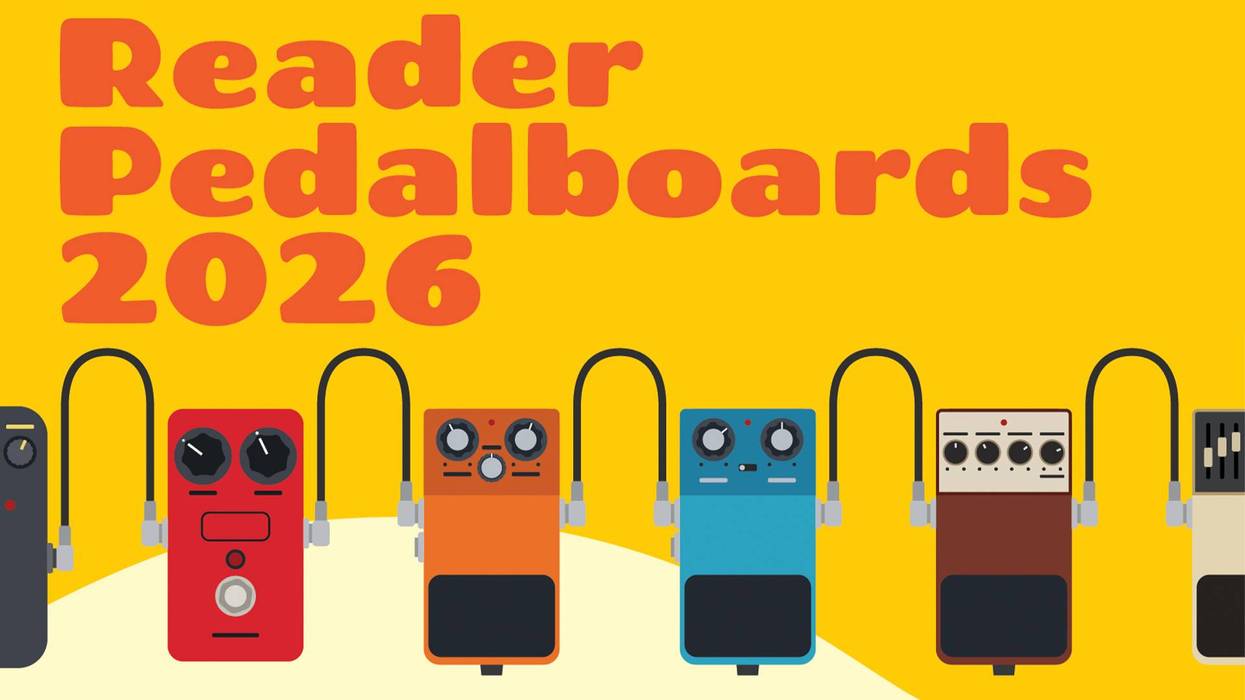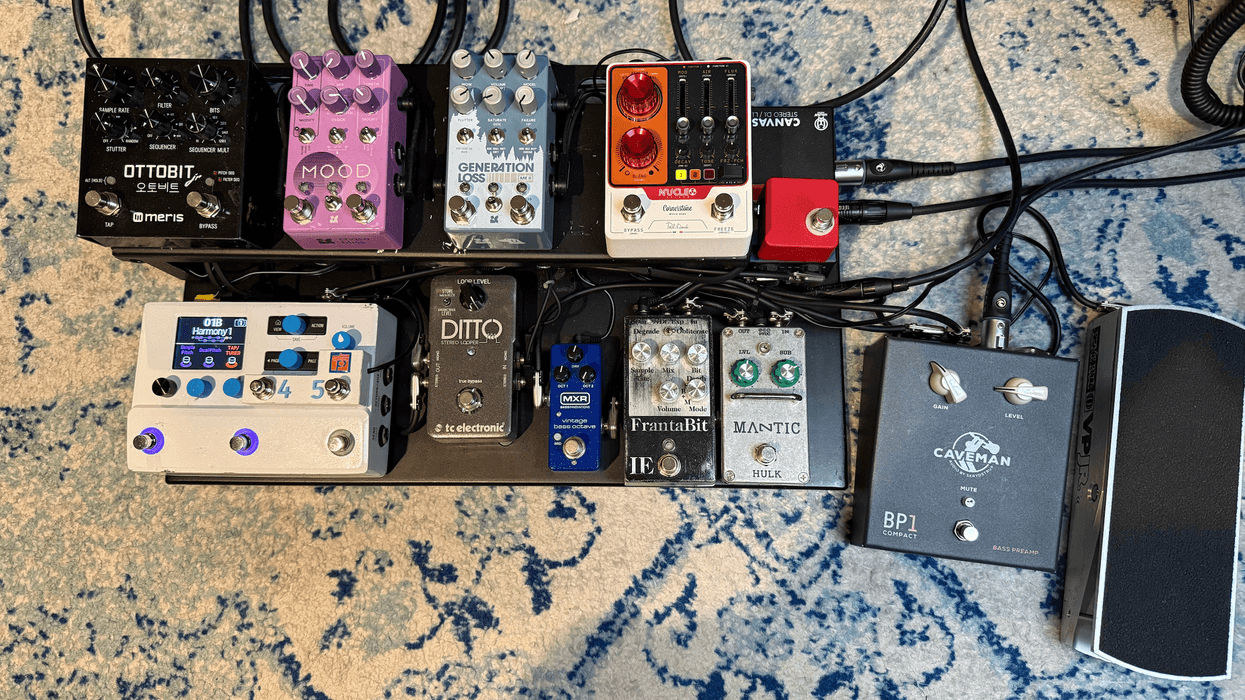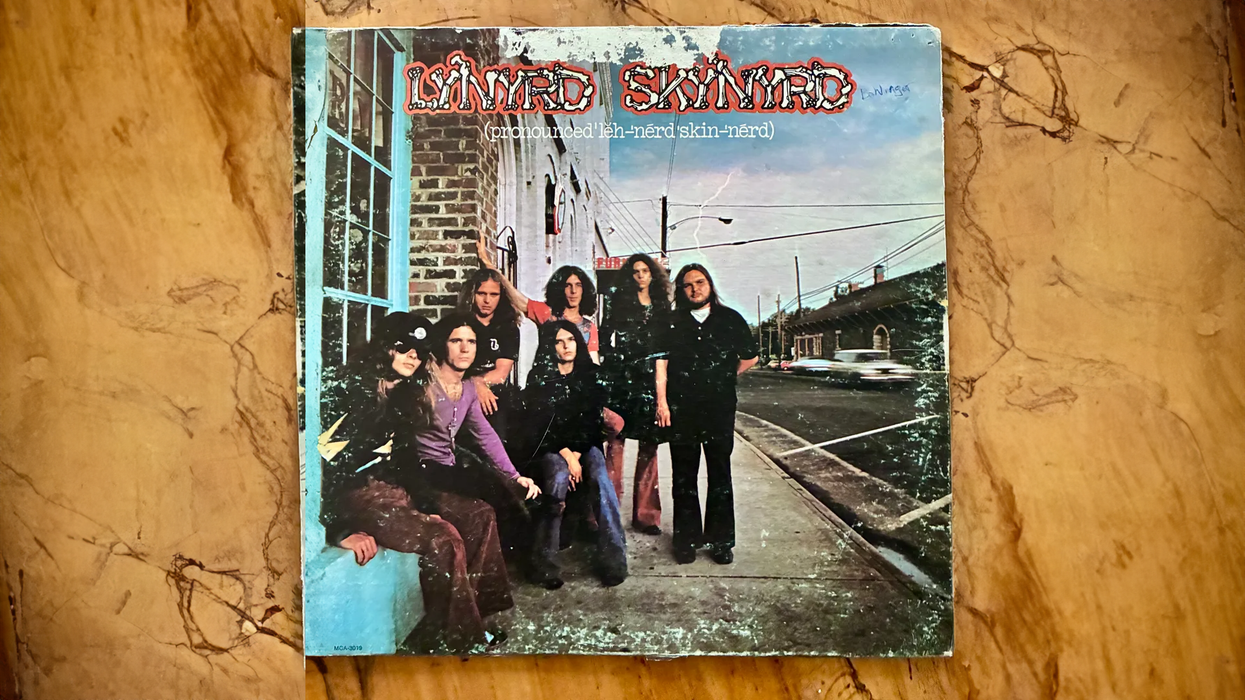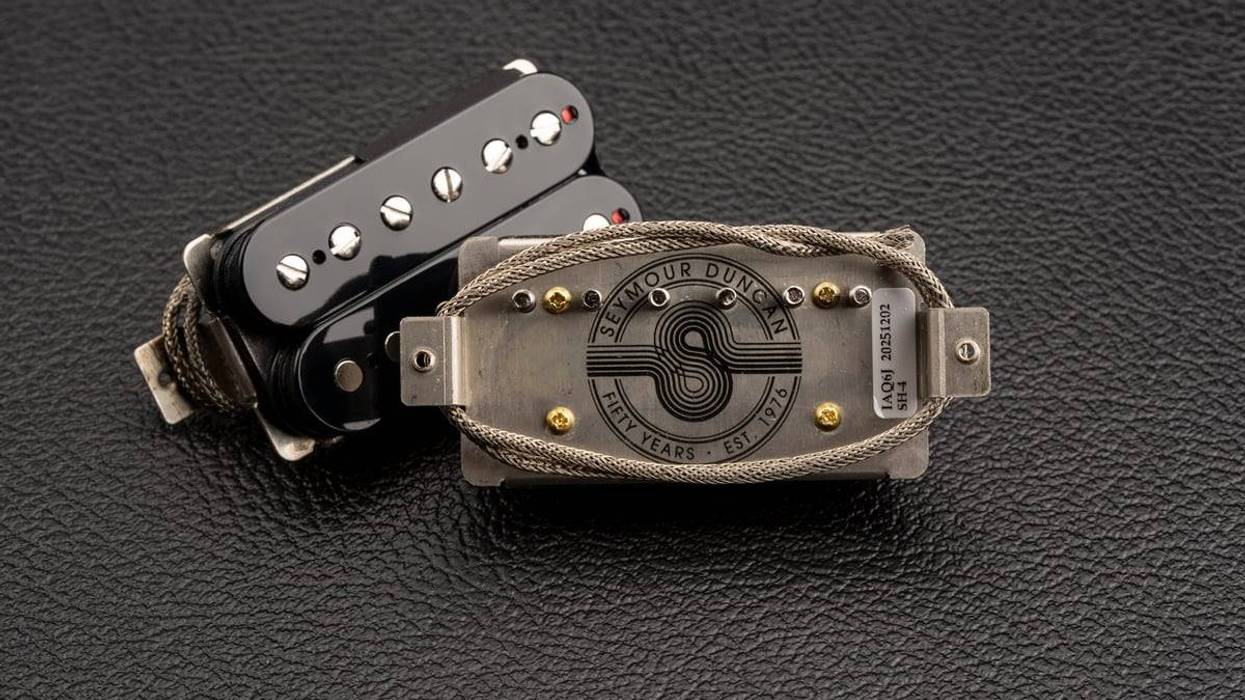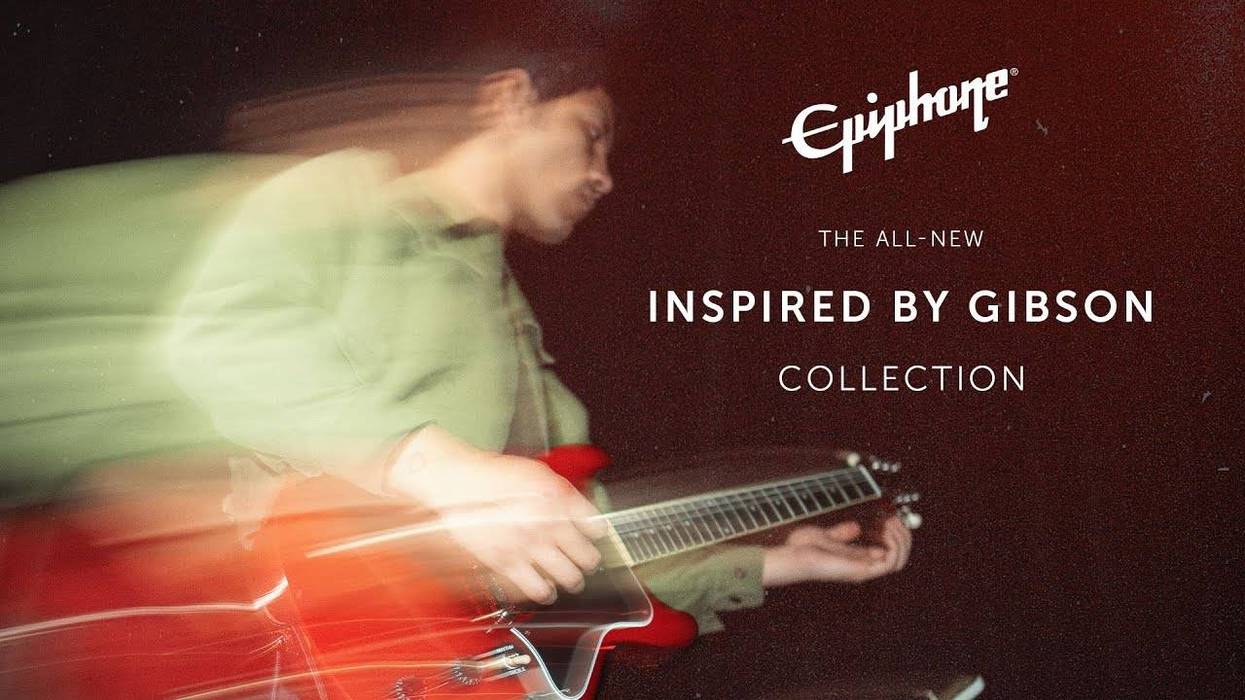Have you ever been listening to a tune for the umpteenth time and suddenly been struck by a newfound profundity in it?
I guess that’s kind of a stupid question. Unpredictability and contextuality are at the core of art’s allure.
Regardless, it’s still magical when the gleam of a previously overlooked gem grabs you. It might come from a more careful listen to nuances in a riff or layers in an artfully constructed soundscape—or perhaps it stems from a less-careful, less-musicianly listen. Or maybe it simply comes from the most obvious source, the lyrics.
The latter happened with a song in my playlist that randomly came on recently. It’s a song from a band I like a lot, but to be honest this particular tune has never been a favorite. Not even close—in fact, I usually skip it. But this time something else happened to hold my attention and prevented me from hitting the fast-forward button before the opening line came through.
Guilty of small thoughts
In a big world
And later, a similar refrain.
Guilty of being blind
In a small world
When the words registered against the backdrop of softly strummed guitars and the rhythm section’s gentle shuffle, they struck me as a perfect description of the pandemic of negativity sweeping the world these days, particularly via social media.
In the past I sort of viewed this song’s sentiment as simplistic. Maybe even kind of cheesily New Age-y. Usually stuff like that elicits little more than an eye roll and a move to recuse myself from the sappy bullshit. (Clearly I am not devoid of negativity myself!) Who knows why I didn’t move on this time. I’m just glad it struck me. I mean, aren’t these fleeting moments of wonder why we’re music freaks?
Anyway, back to the whole small-thoughts thing.
To be sure, there are more than enough valid reasons for people everywhere to be pissed, scared, and despondent. Who are we kidding—that’s the plight of the human condition.
If we go beneath the surface to look at why there’s so much apparent small-mindedness in the polarized, vitriolic comments we see everywhere, a charitable view could ascribe them to primal, gut-level responses spit out, virtually unfiltered, from the part of our brain that evolved to assure survival in the face of things deemed threatening.
But we are thinking beings, are we not? We have risen above beasts (for now) on the strengths of our ingenuity and heart. We can and should subjugate our knee-jerk instincts to reason … though all of us slip up at least periodically. In a way, perhaps that’s what makes us lovable, I guess.
So yeah, slinging shit is a big part of mortality’s theme. But so is the drive to overcome. And sometimes the best way to overcome the wild, overwhelming sense of powerlessness, fear, and/or exasperation that grips us via the myriad tendrils of modern life is to just simplify. Try to find the innocence and wonder again. Maybe even bask in the simple pleasures of something you might otherwise view as quaint, oblivious, or cliché. Sometimes that’s really the only way to carry on. Sometimes there’s no other way to quell the bubbling pools of bile yearning to bellow up from our primordial cortexes.
A recent incident brought this home to me, though not initially in such an explicit or fully formed thought. I’d just wrapped up a visit to the Fender booth at Summer NAMM, and when I turned to leave the company’s high-walled sanctuary from guitar-amp blare, out of the corner of my eye I caught a glimpse of an adorable little girl plopped down, cross-legged on the floor, enthusiastically strumming a ukulele and quietly singing along to adeptly gripped chords.
There was no grandstanding, no effort to show off—no attitude of, “Look at me, I’m a little girl playing an instrument. I should be a star!” There was no guile, just unadulterated love for music and no apparent self-consciousness whatsoever as she experienced the raw joy of expression through word and song. It struck me as so precious—a god-awful but so-true word if ever there was one!—that I had to ask her mom if I could snap a pic. When I mentioned PG, the girl’s mother quickly clarified that her daughter was actually captivated by bass, but the uke fit her 5-year-old-hands better. As I knelt to get a good view of her jamming, she momentarily let the on-the-spotness of it all get in her head, but only a few seconds passed before she dived into the music again, tuning out the weird man with the bad hairdo and most likely hoping he’d soon move on.
Somehow, that minor incident refreshed me as I emerged to face the rising din created by fellow musicians much less innocent than the uke girl, but—upon deeper reflection—no less worth treating with humanity and heart, despite whatever differences we may have.





